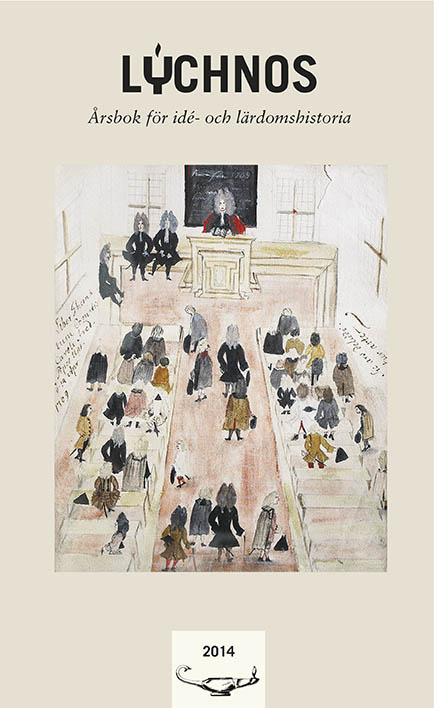Academic freedom before modernity
Abstract
This paper deals with academic freedom in the early modern era in the Swedish context with its German background. In the 16th, 17th and 18th centuries, academic freedom referred to the privileges of the universities and the students in particular. The language of academic freedom, including the word academia itself, was inspired by humanism. Privileges had little to do with intellectual freedom, but a strain of moral and intellectual betterment is nevertheless discernable in the concept. The intellectual freedom of academics was defined and defended under the label of libertas philosophandi. In the 18th century, a more modern academic consciousness emerged, not primarily related to libertas philosophandi but rather to the critique of the regulations of teaching and result reporting imposed on the universities by the authorities; Linnaeus appears as a defender of the Lernfreiheit of students, although not using the term. Around 1800, the corporative and intellectual concepts of academic freedom confronted each other in the debate about the academic jurisdiction, i.e. the right of the universities to judge offences of their members in their own juridical procedure. The academic jurisdiction was criticized by adherents of the new definition of academic freedom as Lehr und Lernfreiheit imported from Germany. In the late 1900s, under the influence of academic democratization, the phrase academic freedom faded away. Today, it has reappeared, not with regard to the students any more but to the role of the academic profession in the age of mass universities and new public management.
Downloads
Published
Issue
Section
License
This work is licensed under a Creative Commons Attribution 4.0 International License. The copyright for the work published in Lychnos remains with the authors.


